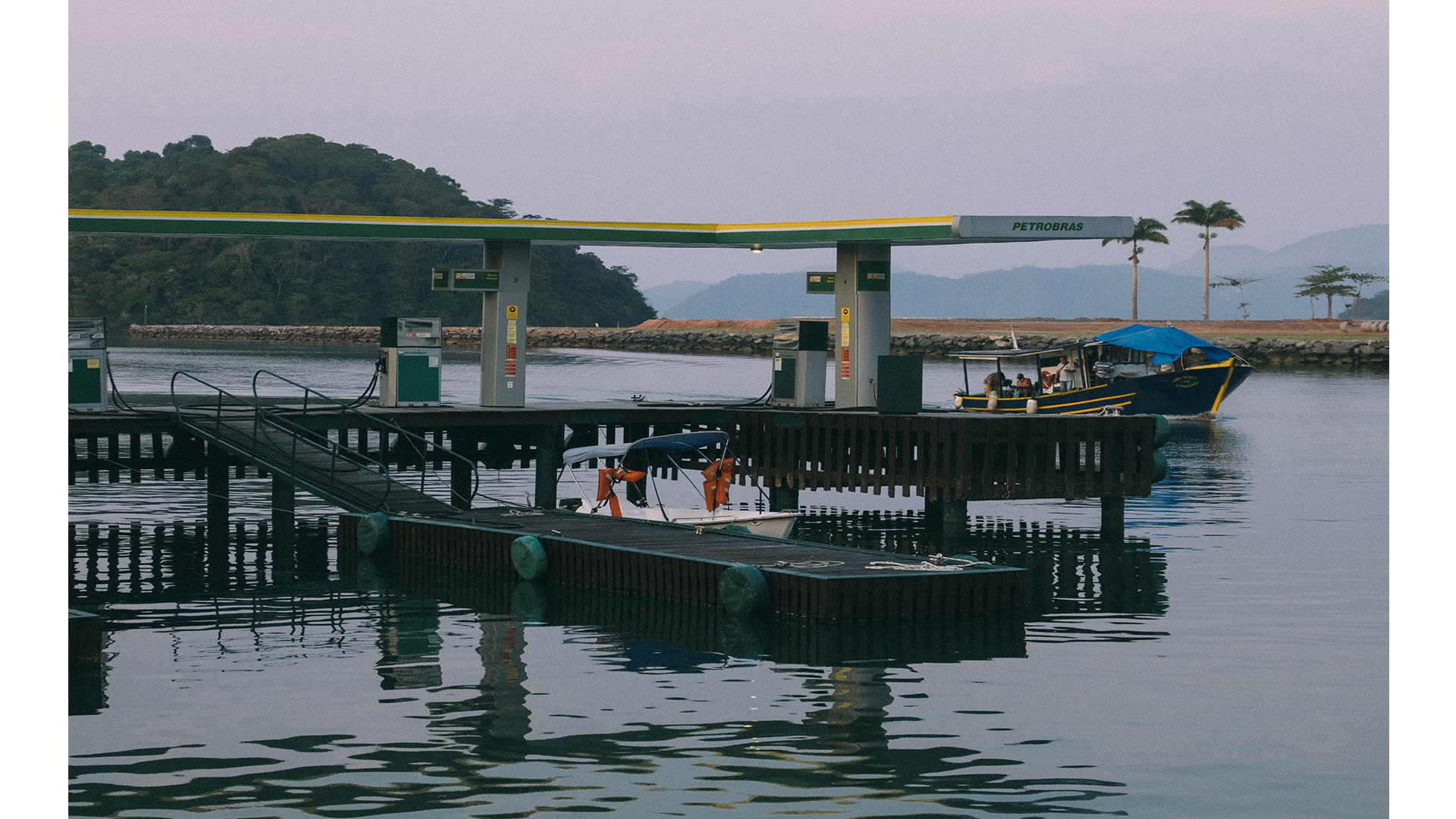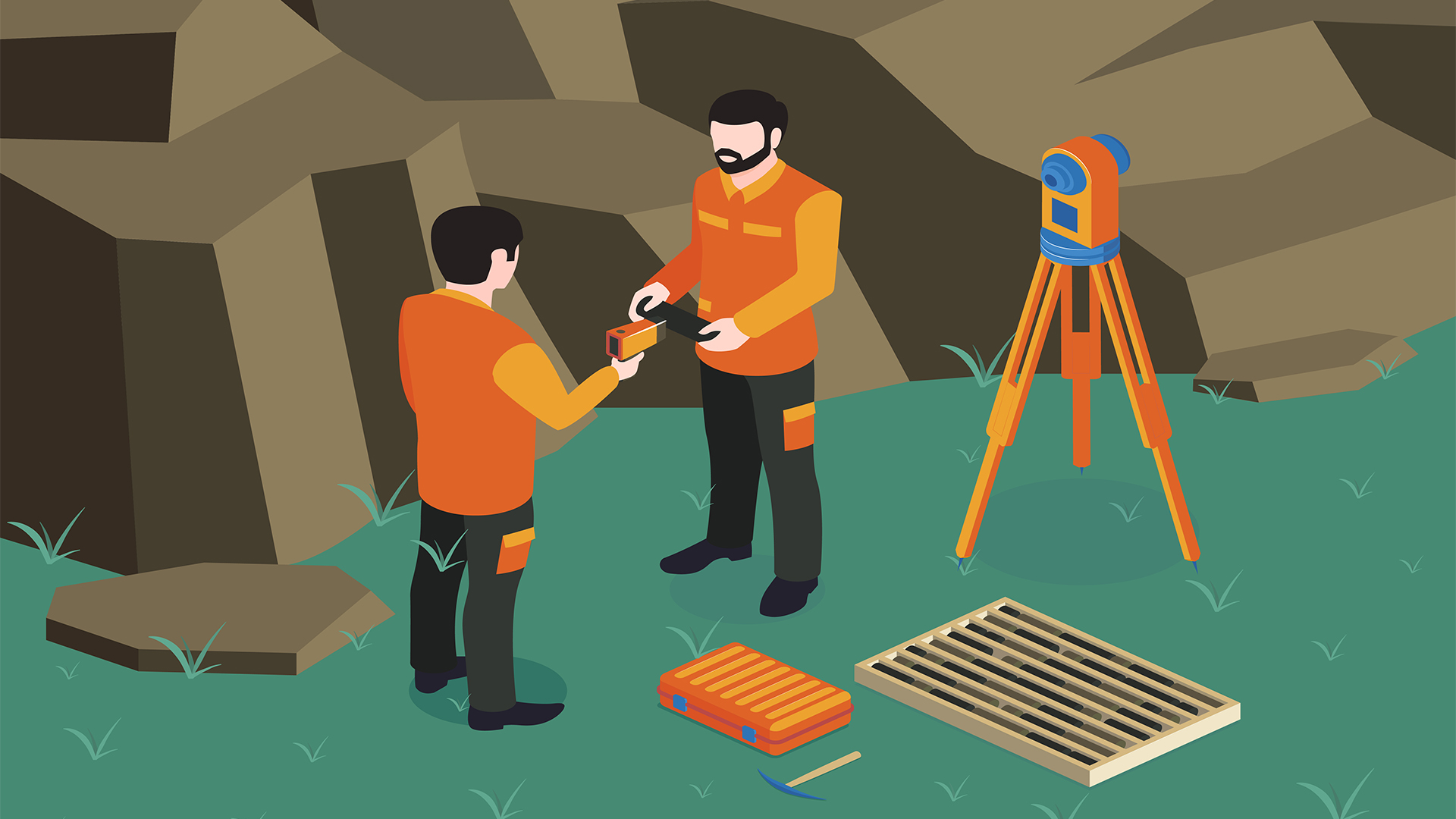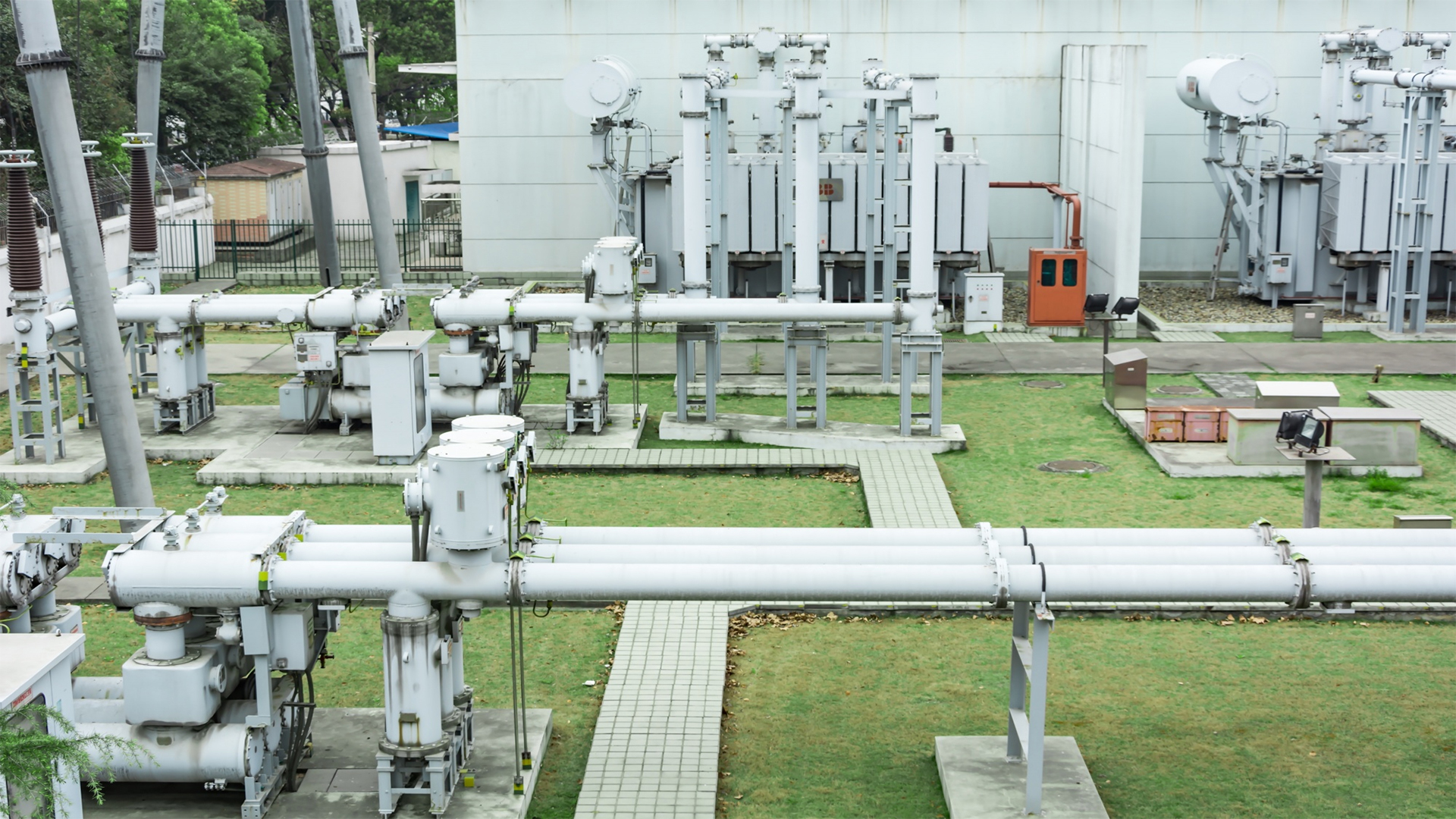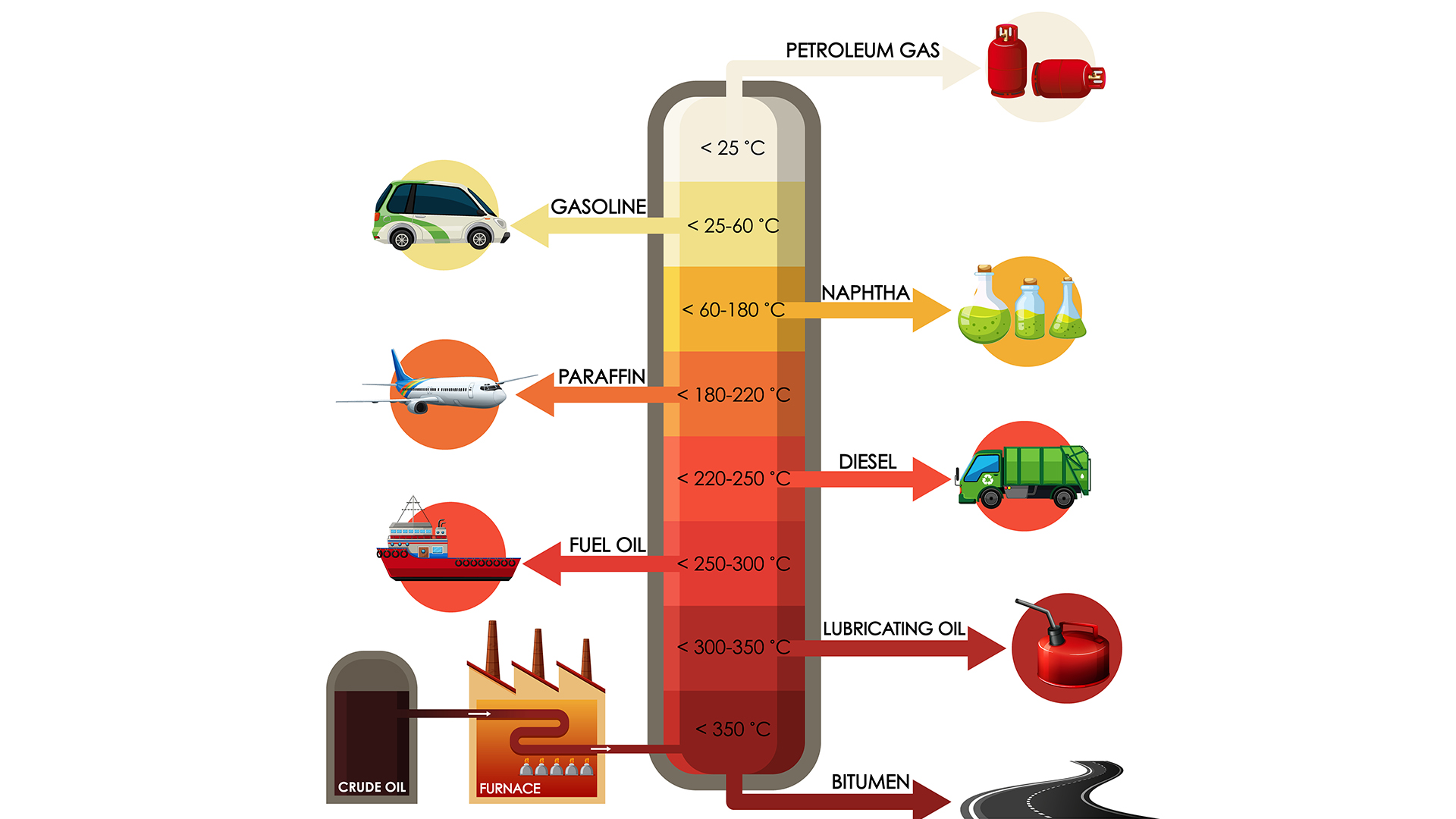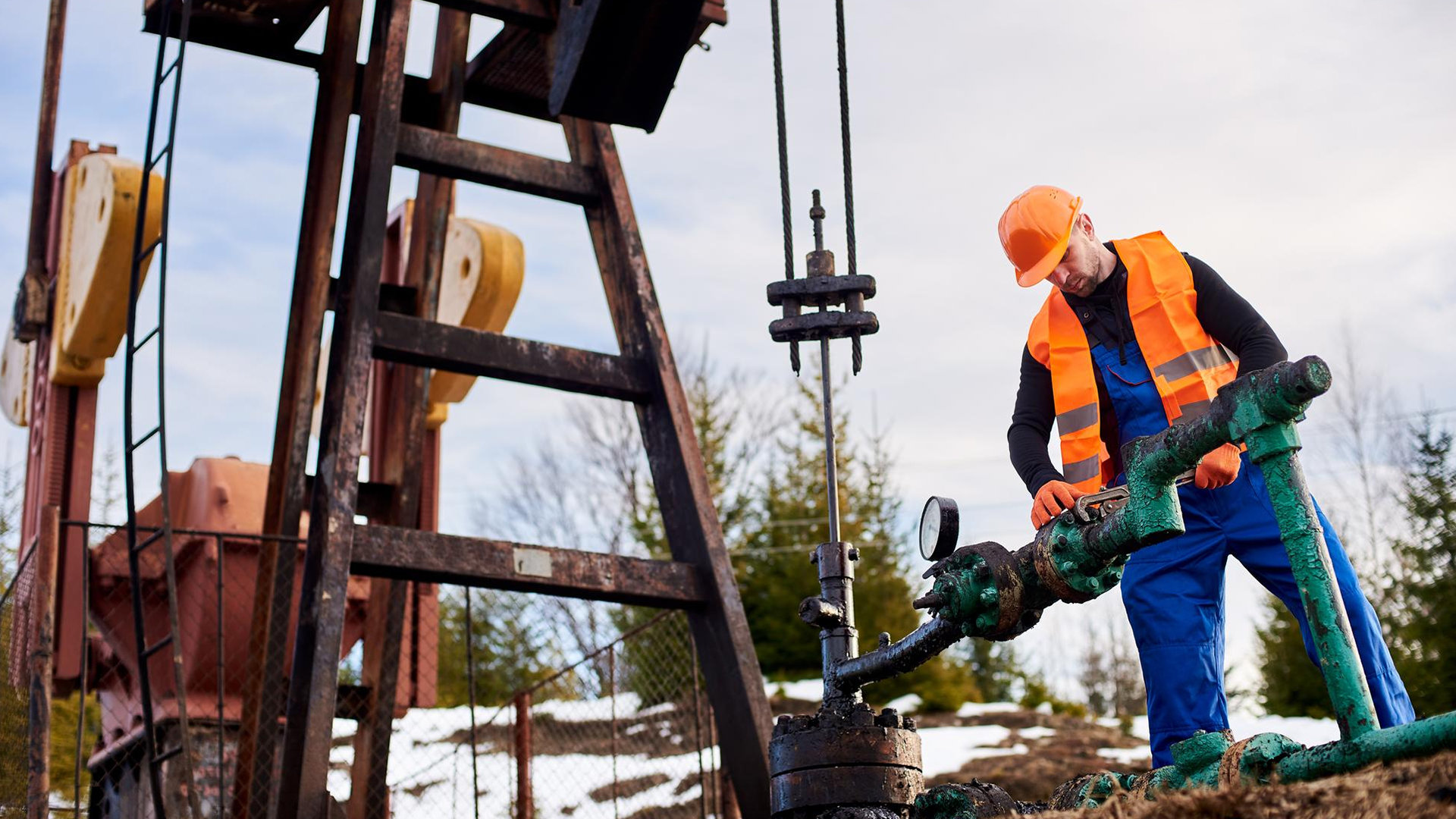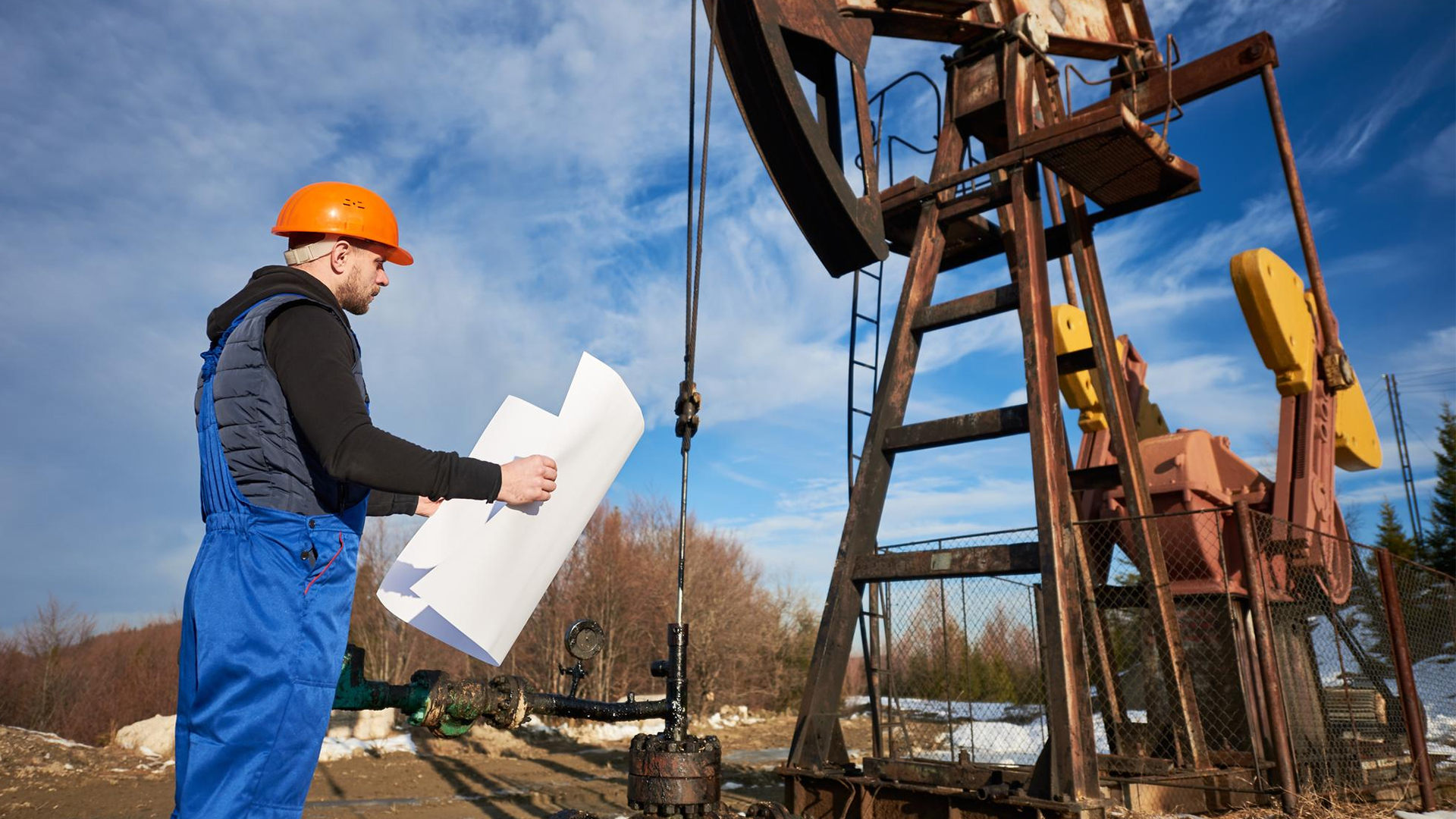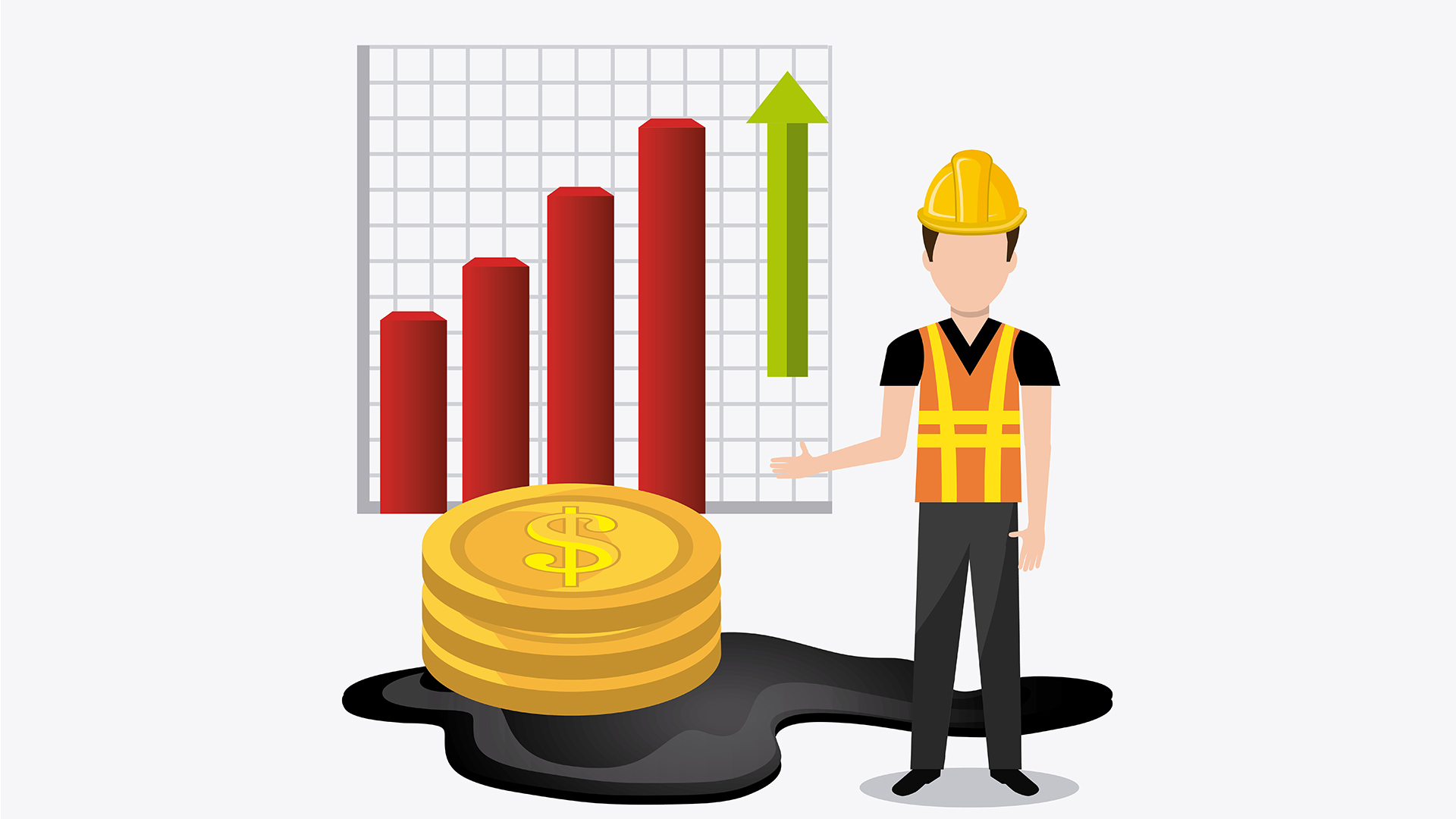
Crude Oil Sampling, Testing And Evaluation For Pros
Course overview
What does an analyst for crude oil do? In order to comprehend the needs of consumers of natural gas, crude oil, completed goods, etc., a crude oil analyst must monitor and analyze the specifics of crude oil trade operations.
A component of this process called crude oil sampling entails taking a representative sample of the product from a pipeline for testing. All environmental conditions should be able to be handled by crude oil samplers. Testing the quality of crude oil is an important process, and there are multiple ways to test the quality of crude oil in different ways.
Participants will be equipped with all of the necessary skills after completing this Training Bee training course in order to become a professional analyst and trader of crude oil. You will gain the expertise and confidence needed to assume responsibility in these areas by taking this course, which thoroughly covers all important aspects of crude oil sampling, testing, and evaluation.
With the help of this course, you’ll also have additional chances to show off your abilities and open up a variety of prospects for career advancement across numerous organizations.
Introduction
An overview of the course’s goals, topics, and the importance of quality control in the crude oil trading sector are given in the introduction to a Crude Oil Trading Analyst (Sampling, Testing, and Evaluation) training program.
Welcome to the training course for Crude Oil Trading Analyst (Sampling, Testing, and Evaluation). The trading of crude oil is a complicated and dynamic industry, and the success of the market and decision-making depend greatly on quality control. You will graduate from this course with the knowledge and abilities required to succeed in this important area of the industry.
We are The Training Bee, a global training and education firm providing services in many countries. We are specialized in capacity building and talent development solutions for individuals and organizations, with our highly customized programs and training sessions.
We are eager to start this path of developing your expertise as a Crude Oil Trading Analyst. You will be well-equipped by the end of this training course to make a valuable contribution to the quality control procedures that support profitable crude oil trading transactions.
Learning Objectives
Upon completing Certified Crude Oil Trading Analyst (Sampling, Testing and Evaluation), participants will be able to:
- A thorough knowledge of every facet of crude oil analysis.
- The necessary self-assurance and expertise to mentor other aspirant traders and analysts of crude oil.
- Thorough understanding of the different key ideas and concepts involved in crude oil analysis, as well as when to apply each technique.
- Thorough knowledge and comprehension of crude oil sampling and its numerous techniques to guarantee that samples are representative and that the right techniques are selected each time.
- The assurance, expertise, and understanding required to carry out testing and assessment of crude oil using the most appropriate method and produce high-quality results.
- The capacity to recognize and address testing process issues in order to get reliable findings
Our Unique Training Methodology
This interactive course comprises the following training methods:
- Journaling – This consists of setting a timer and letting your thoughts flow, unedited and unscripted recording events, ideas, and thoughts over a while, related to the topic.
- Social learning – Information and expertise exchanged amongst peers via computer-based technologies and interactive conversations including Blogging, instant messaging, and forums for debate in groups.
- Project-based learning
- Mind mapping and brainstorming – A session will be carried out between participants to uncover unique ideas, thoughts, and opinions having a quality discussion.
- Interactive sessions – The course will use informative lectures to introduce key concepts and theories related to the topic.
- Presentations – Participants will be presented with multimedia tools such as videos and graphics to enhance learning. These will be delivered engagingly and interactively.
Training Medium
This Certified Crude Oil Trading Analyst (Sampling, Testing and Evaluation) training is designed in a way that it can be delivered face-to-face and virtually.
Course Duration
This training is versatile in its delivery. The training can be delivered as a full-fledged 40-hour training program or a 15- hours crash course covering 5 hours of content each day over 3 days
Pre-course Assessment
Before you enroll in this course all we wanted to know is your exact mindset and your way of thinking.
For that, we have designed this questionnaire attached below.
- Briefly describe your history and experience in trading crude oil. How long have you worked in this industry?
- Why is quality control—which encompasses sampling, testing, and evaluation—so important to the crude oil trading industry?
- What dangers could result from poor quality control?
- Describe your understanding of crude oil trading sample techniques. Are you aware with the techniques used by the industry to obtain representative samples?
- How have you evaluated the quality of crude oil using testing procedures or techniques?
- Do you have any experience with laboratory analytical methods?
- Are you familiar with the quality criteria and standards that buyers and sellers normally consider while trading crude oil?
Course Modules
This Certified Crude Oil Trading Analyst (Sampling, Testing and Evaluation) covers the following topics for understanding the essentials of the Agile Workplace:
Module 1 – a description of crude oil
- Composition
- Characteristics
- Sampling protocol
Module 2 – Crude Oil Types
- Really thin oils
- Simple oils
- Middle oils
- Thick fuel oils
Module 3 – Crude Oil-Related Products
- Gasoline
- In diesel fuel
- Jet fuel and heating oil
- Petrochemical raw materials
Module 4 – Factors Affecting Crude Oils’ Categorization
- Viscosity
- Volatility
- Toxicity
Module 5 – Sampling of crude oil
- Automatic sampling
- Automatically sampling
- Appropriate sampling
Module 6 – Representative Sampling Benefits
- More profitable investment
- Greater loss prevention
- Reduced operational expenses
Module 7 – Internal Controls for the Quality of Crude Oil
- Apparatus calibration
- Testing by technicians
- Equipment upkeep
- Correct standards
- Sample management
Module 8 – A Crude Oil Trading Strategy’s Elements
- Fundamental research
- Technical examination
- Management of risk
Module 9 – Resources and Techniques for Oil Traders
- Forecast curve
- Speculative placement
- Options and futures
- Investing in oil
Post-course Assessment
Participants need to complete an assessment post-course completion so our mentors will get to know their understanding of the course. A mentor will also have interrogative conversations with participants and provide valuable feedback.
- Describe the main ideas and methods you have learnt for taking representative samples of crude oil.
- Describe the tools and procedures for laboratory testing that you learned about during the course.
- List and describe a few of the important quality criteria that are frequently considered when trading crude oil.
- Talk about the safety precautions and recommended procedures you’ve learnt for trading crude oil. How can traders reduce the dangers brought on by inadequate quality control?
- Give examples of global laws and standards relating to the trade and quality of crude oil that you have discussed in the course. How do these rules affect business practices?
- Consider the difficulties and problems with crude oil sample that were brought up during the training. How can these problems be effectively solved?
Lessons Learned
Participants acknowledge that quality control is an essential element of crude oil trading, not just an optional practice. The course emphasizes how the value and marketability of crude oil can be considerably impacted by its quality.
The importance of precise sampling methods is a key lesson. Participants are aware that reliable quality evaluations and trade decisions are built on representative samples.
The training emphasizes the value of laboratory testing procedures and tools. Participants discover that the accuracy of quality assessments directly depends on the skill of the analysts conducting these tests.
The market is more inclined to accept crude oil that is consistent and of excellent quality, which is a key lesson. On the other hand, poor quality may lead to price reductions or even rejection.
